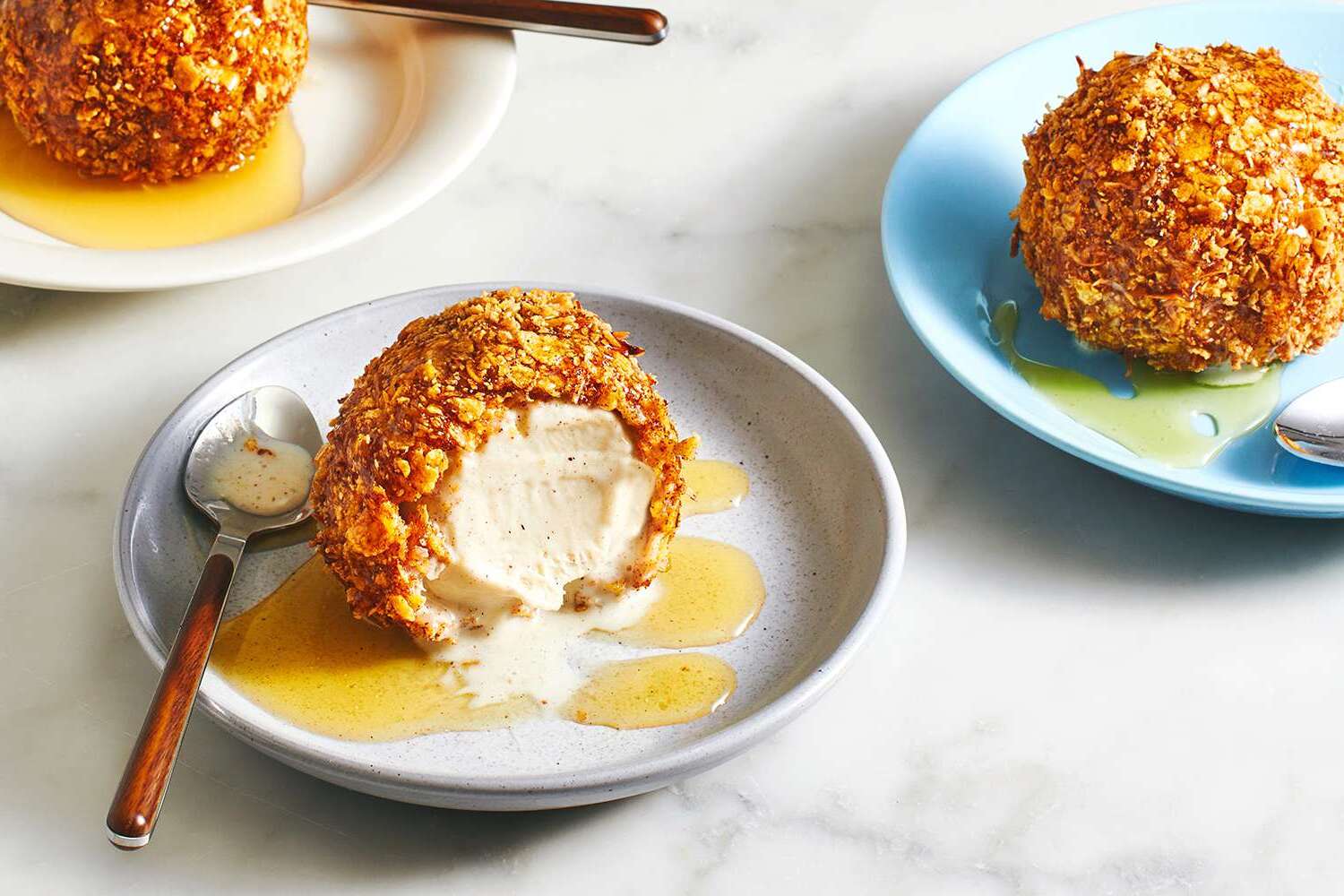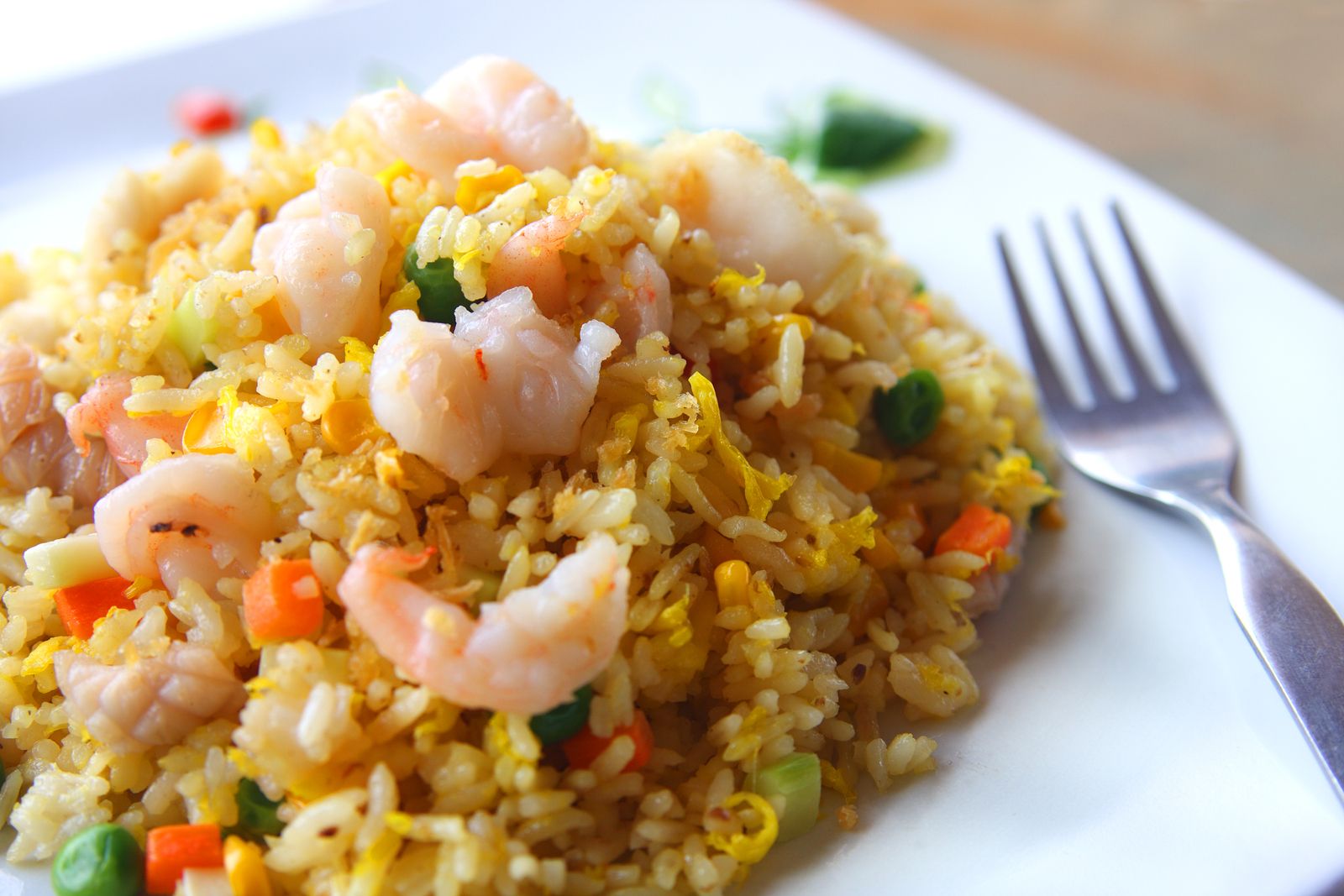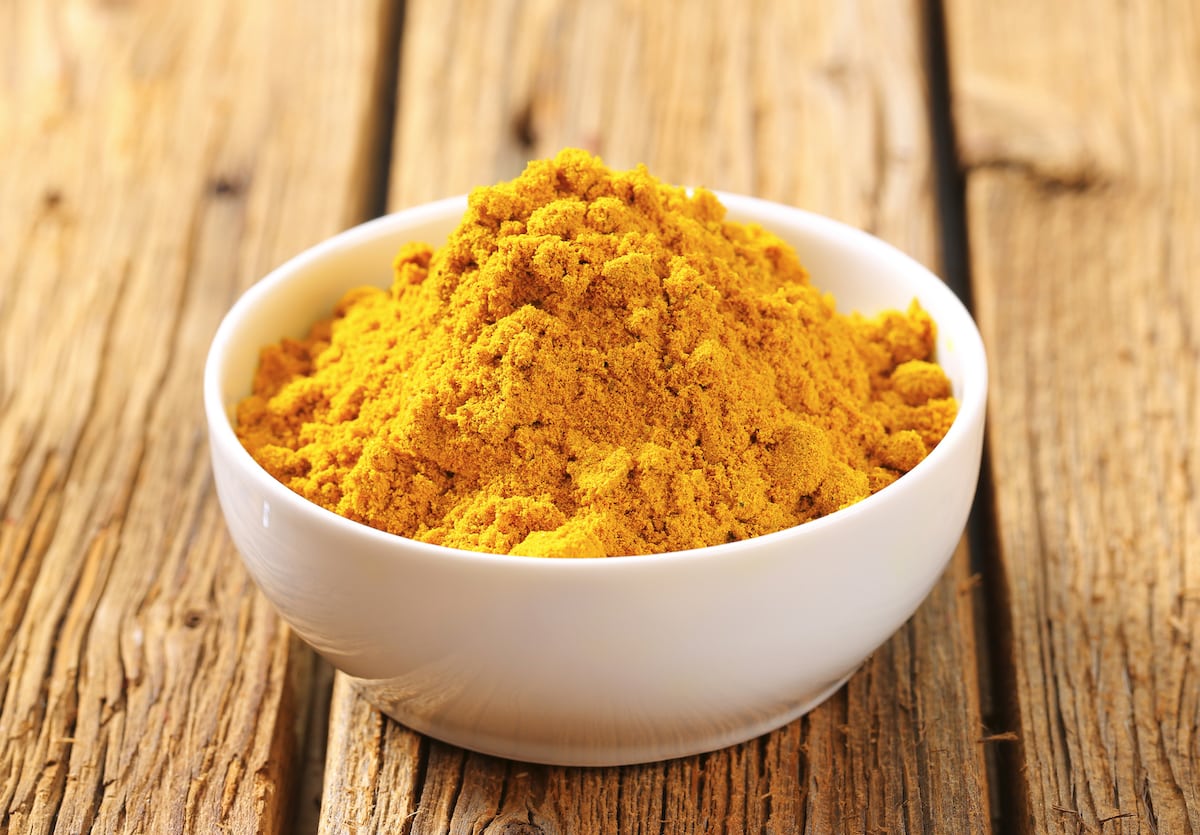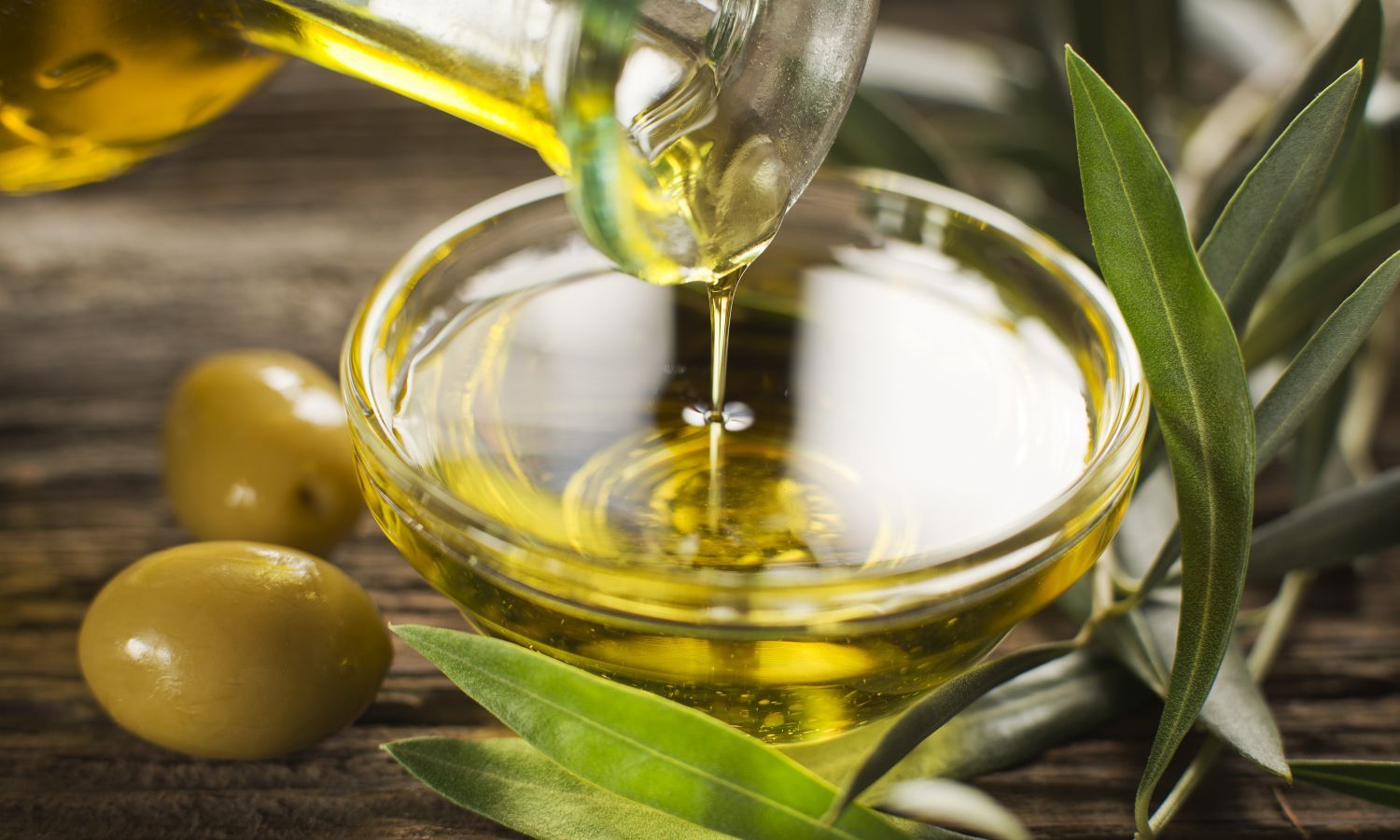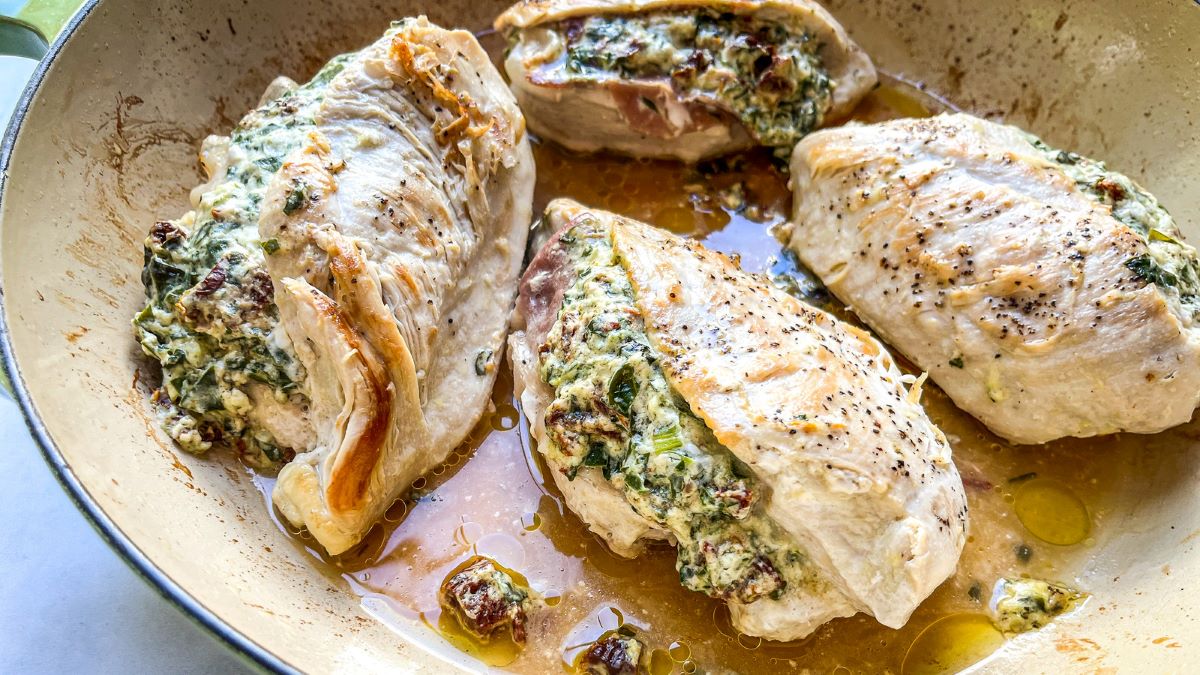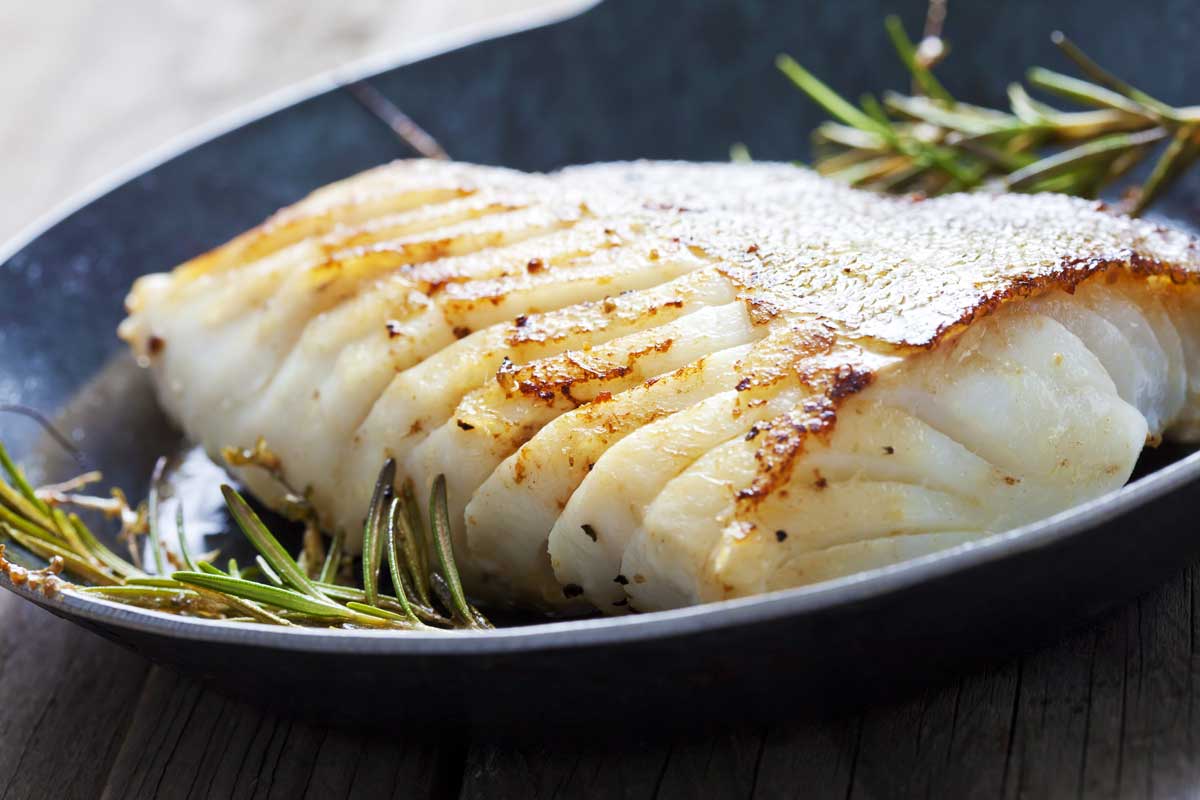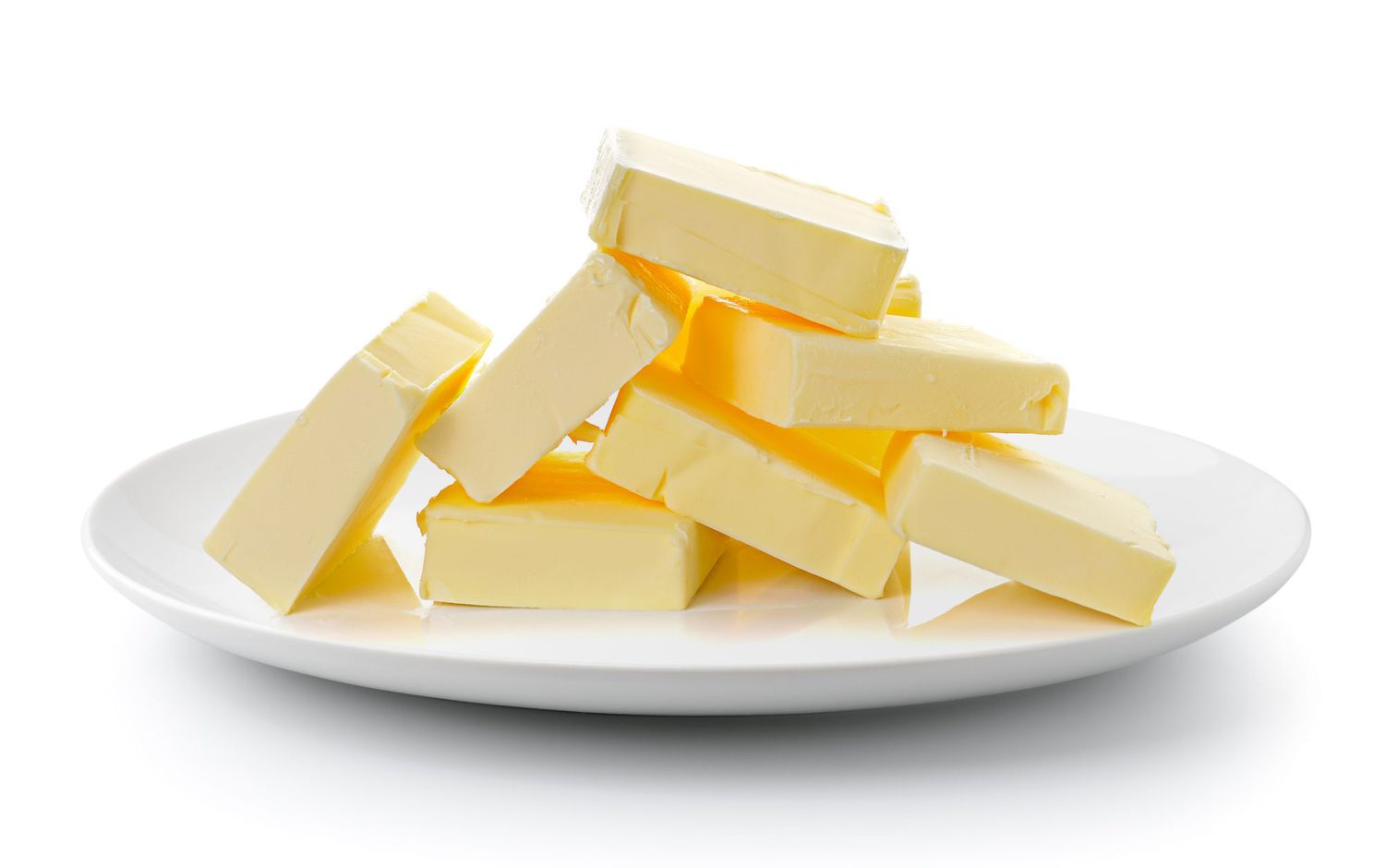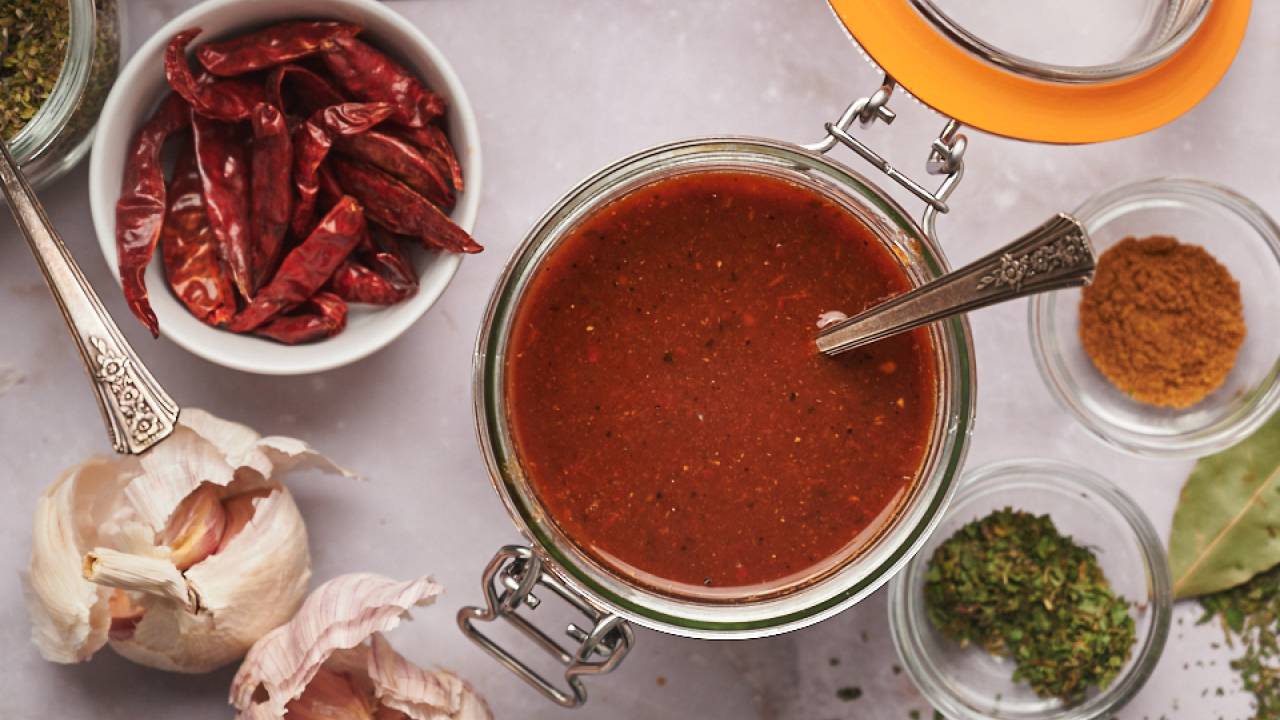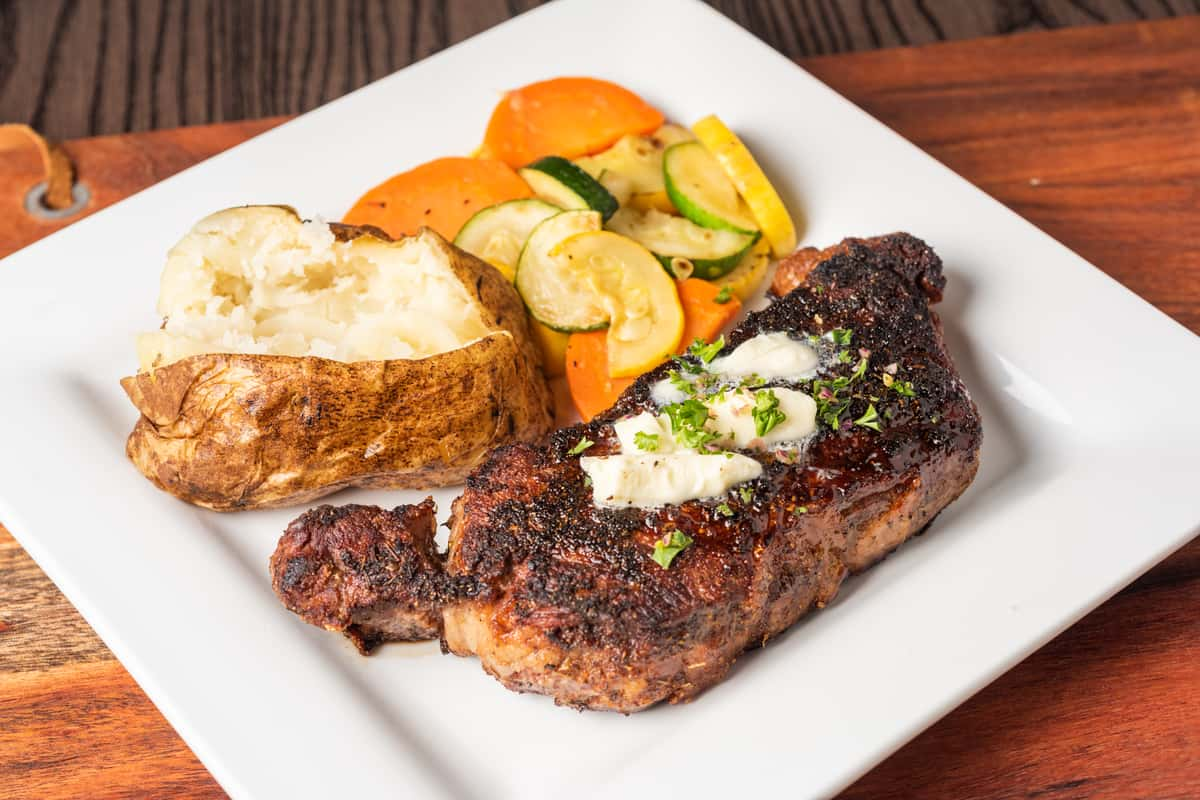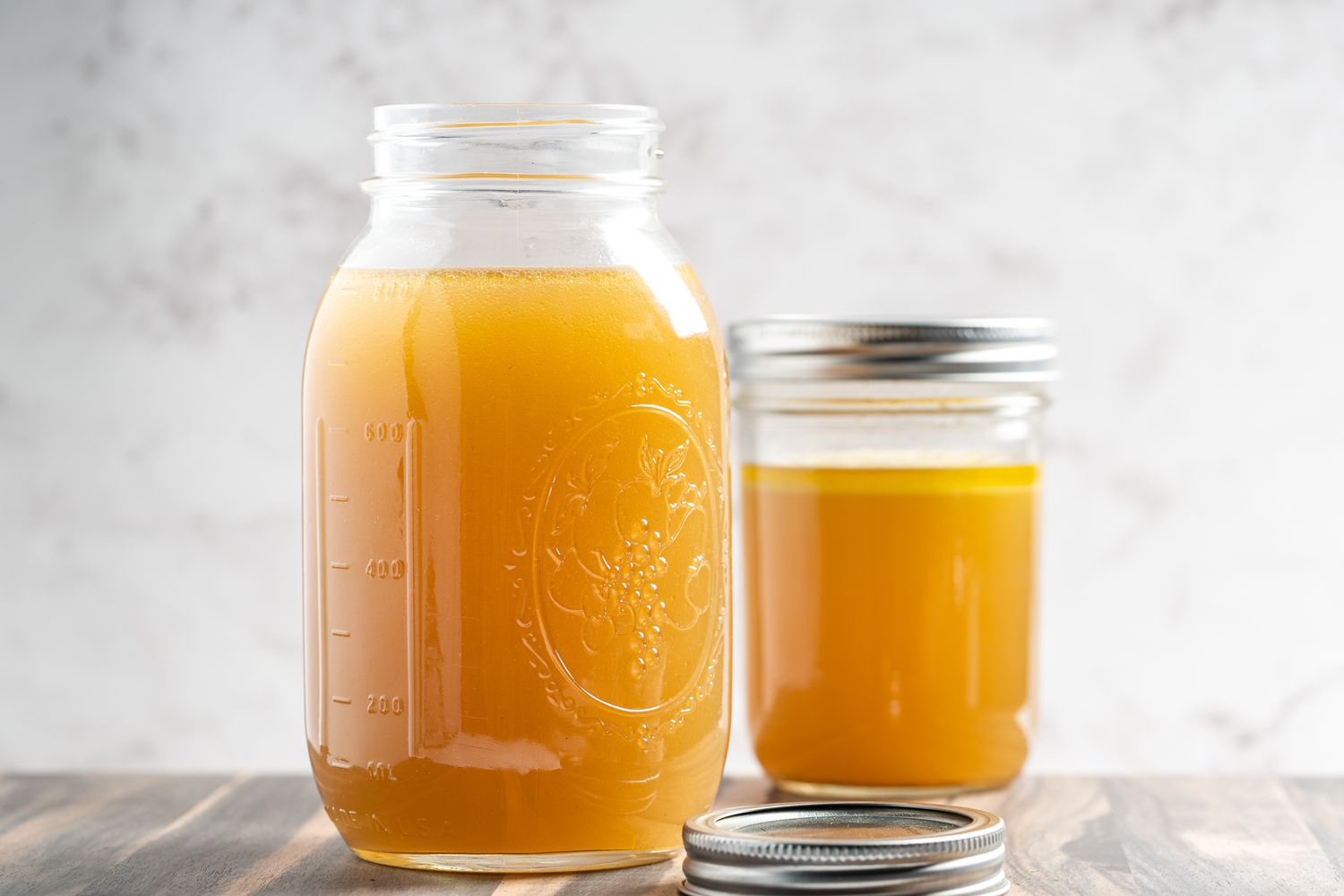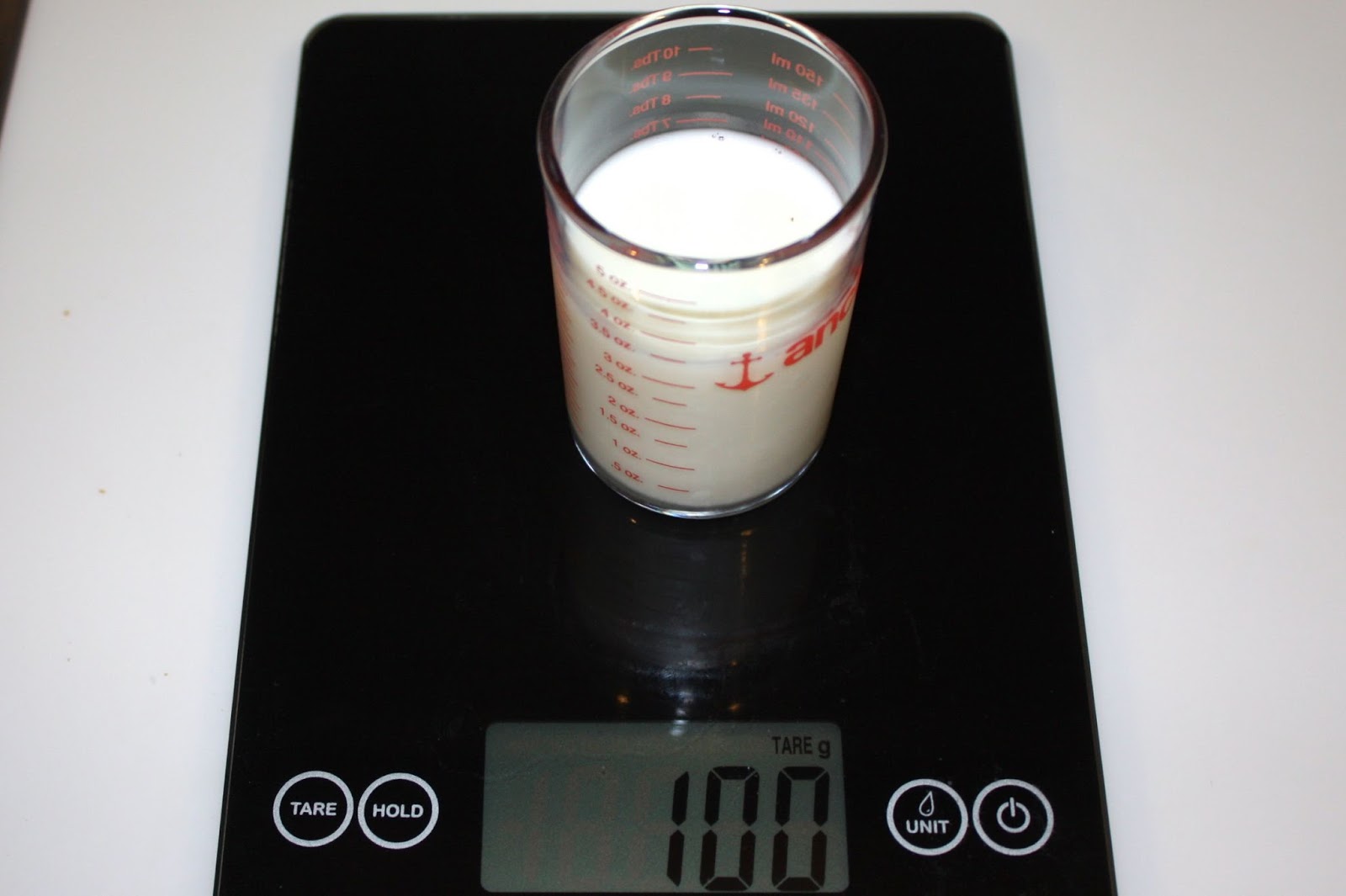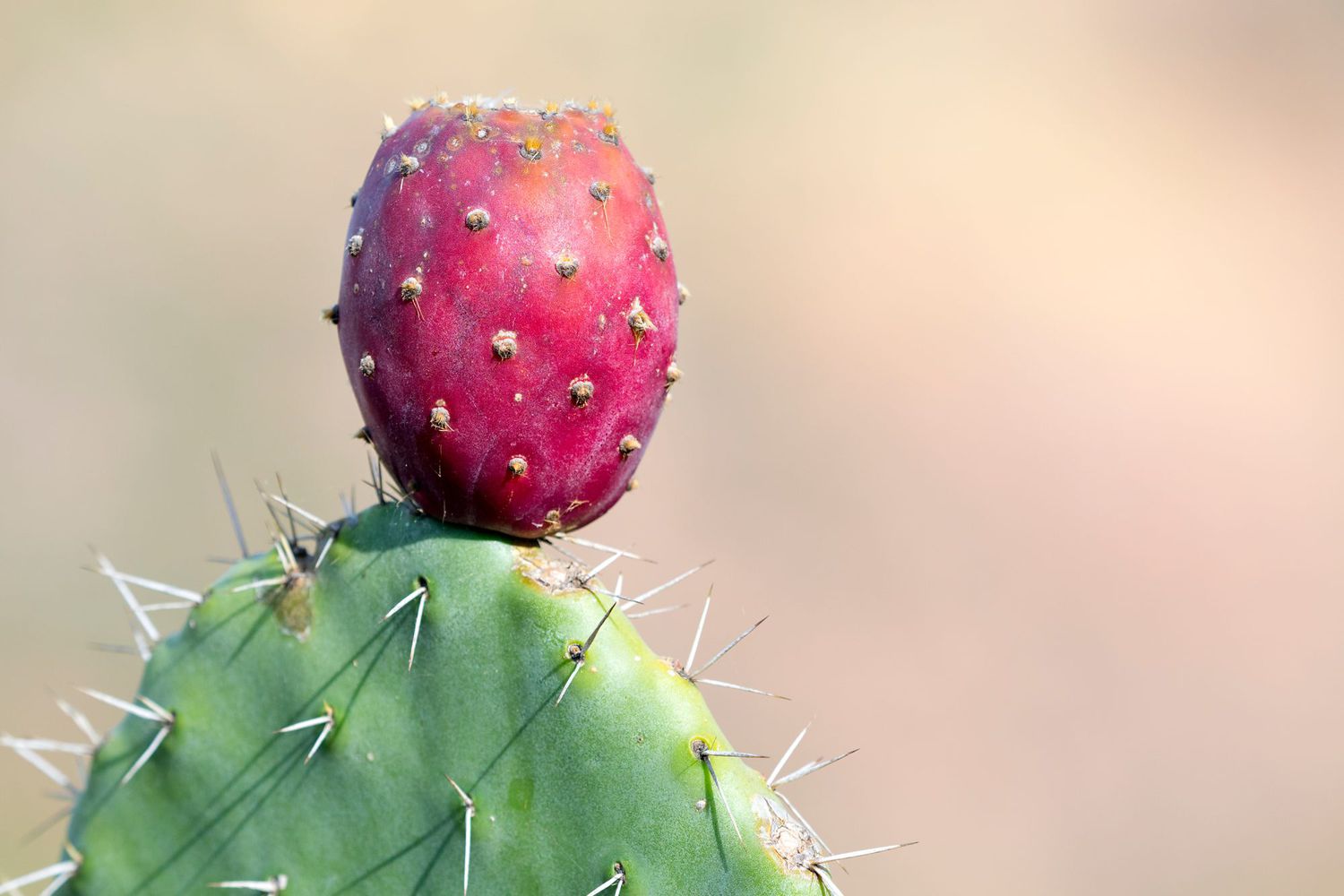When it comes to cooking and baking, butter is a common ingredient that adds richness and flavor to a wide variety of dishes. However, for individuals who are looking to reduce their intake of dairy or are following a vegan diet, finding a suitable butter flavoring substitute becomes essential. In this article, we'll explore some popular alternatives to butter flavoring and how they can be used in cooking and baking.
Coconut Oil
Coconut oil is a versatile and popular substitute for butter flavoring in both cooking and baking. It has a rich, creamy texture and a subtle coconut flavor that can add depth to dishes. When using coconut oil as a substitute for butter flavoring, it's important to consider its melting point, which is around 76 degrees Fahrenheit. This means that in warmer temperatures, coconut oil will be in a liquid state, while in cooler temperatures, it will solidify. When using coconut oil in baking, it's best to use it in its solid state for recipes that call for softened or melted butter.
Olive Oil
Olive oil is another excellent substitute for butter flavoring, especially in savory dishes. It adds a distinct flavor and richness to dishes and can be used in a variety of cooking methods, including sautéing, roasting, and frying. When substituting olive oil for butter flavoring in baking, it's important to consider the flavor profile of the oil and how it will complement the other ingredients in the recipe.
Avocado
Avocado is a creamy and nutritious substitute for butter flavoring in both sweet and savory dishes. It can be used as a spread on toast, a topping for baked potatoes, or as a creamy addition to smoothies and desserts. When using avocado as a substitute for butter flavoring in baking, it's important to puree the avocado until smooth to ensure a consistent texture in the final product.
Nut Butters
Nut butters, such as almond butter or cashew butter, can be used as a flavorful and nutritious substitute for butter flavoring in both cooking and baking. They add a rich, nutty flavor to dishes and can be used in a variety of recipes, including cookies, cakes, and sauces. When using nut butters as a substitute for butter flavoring, it's important to consider the consistency of the butter and how it will affect the texture of the final dish.
Vegan Butter
There are several commercially available vegan butter substitutes that are specifically designed to mimic the flavor and texture of traditional butter. These products are often made from a blend of plant-based oils and are suitable for use in both cooking and baking. When using vegan butter as a substitute for butter flavoring, it's important to consider the salt content of the product and adjust the seasoning in the recipe accordingly.
In conclusion, there are many delicious and versatile substitutes for butter flavoring that can be used in cooking and baking. Whether you're looking to reduce your intake of dairy, follow a vegan diet, or simply experiment with new flavors, these alternatives offer a wide range of options for creating delicious and satisfying dishes. Experimenting with different substitutes can open up a world of culinary possibilities and allow you to create dishes that are both flavorful and nutritious.
Was this page helpful?
Read Next: What Is Batter?
